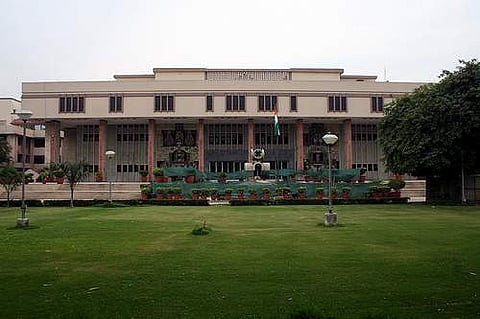

The Central Board of Secondary Education (CBSE) has opposed a petition in Delhi High Court challenging certain provisions of the Right to Education Act, 2009 for being "arbitrary, irrational, and violative" and seeking direction to the Centre to implement common syllabus and curriculum for the students of Classes I to VIII throughout the country.
In its reply to a PIL filed by lawyer and BJP leader Ashwini Upadhyay, the CBSE clarified that education falls under the Concurrent List of the Indian Constitution, and the majority of schools are under the jurisdiction of state governments, as reported by IANS.
Hence, it is the responsibility of the respective state and Union Territory governments to formulate syllabi, curricula, and conduct examinations for schools in their regions, stated CBSE.
It also pointed out that the National Curriculum Framework (NCF), developed by the National Council of Educational Research and Training (NCERT) in accordance with the National Policy on Education, provides guidelines and direction for syllabus and textbook development across all school stages. In line with the NCF, the NCERT develops curriculum, syllabi, textbooks, and supplementary materials, it said.
The CBSE also said that a uniform curriculum across India may not adequately consider local context, culture, and language.
Background
A division bench of Chief Justice Satish Chandra Sharma and Justice Subramonium Prasad had earlier sought the Delhi government, the CBSE and the NHRC's response on the petition.
The plea also challenges the provisions under the RTE Act which excludes madrasas, Vedic pathshalas and educational institutions imparting religious knowledge.
Upadhyay had argued that all competitive examinations be it engineering, law and the Common University Entrance Test (CUET) should have a common syllabus.
"But we have multiple syllabus at school level, how will it provide an equal opportunity for students? In Kendra Vidyalayas across the country, we have a common syllabus. Every developed country has a common syllabus in schools. It is unfortunate we are under pressure from the coaching mafia," he said.
